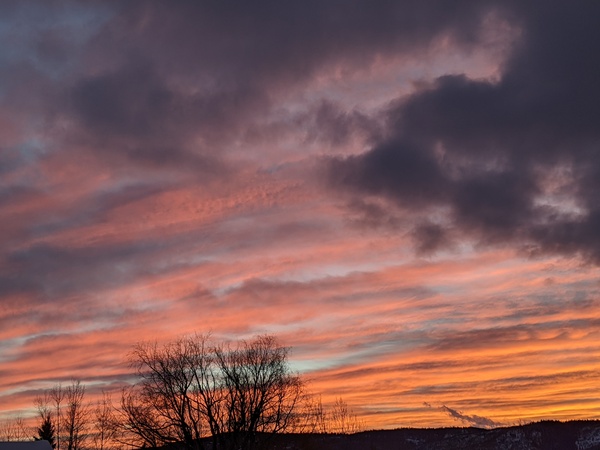Latest forecast now for warm and mostly dry weekend
Thursday, May 10, 2018
While the warm and pleasant weather this work week was expected, the forecast for the weekend has changed considerably since my Sunday weather discussion. Interestingly, the storm in the Great Basin will still happen as Pacific energy drops down from the Gulf of Alaska and mixes with some cool air from western Canada, but now the storm is forecast to stay mostly west and eventually north of the Steamboat Springs area. The end result is the previous forecast for a possibly cool and wet weekend has flipped to warm and breezy with only a chance of showers for Sunday.
The further west placement of the storm means that the northwestern half of Utah will receive the bulk of the beneficial precipitation on Friday and Saturday. Some energy and moisture ejecting out of the storm in breezy southwest flow may bring some afternoon showers to our area today and Friday, but will also keep the coolest air from western Canada to our north.
As the storm drops southward into the Great Basin on Friday, the chance of showers over our area decreases on Saturday as we see drier air from the Desert Southwest. If the storm wobbles eastward on Sunday as currently forecast, we may see some cooler temperatures and the chance of showers on Mother’s Day, perhaps early in the day, as some of the moisture and energy from the storm grazes northern Colorado.
There is still quite a bit of uncertainty regarding the movement of the storm through the next work week. Weather forecast models disagree on the proximity of the storm as it moves mostly to our northwest, with the European ECMWF favoring a further north and drier solution while the American GFS keeps the threat of afternoon and early evening showers going through most of the work week.
Another significantly warmer Pacific storm is forecast to cross the West Coast midweek, and unsurprisingly there is strong disagreement between weather forecast models on whether that stays to our west for the following weekend or travels over Colorado. Again, the ECMWF advocates for the further west and drier solution as compared to the American GFS.








